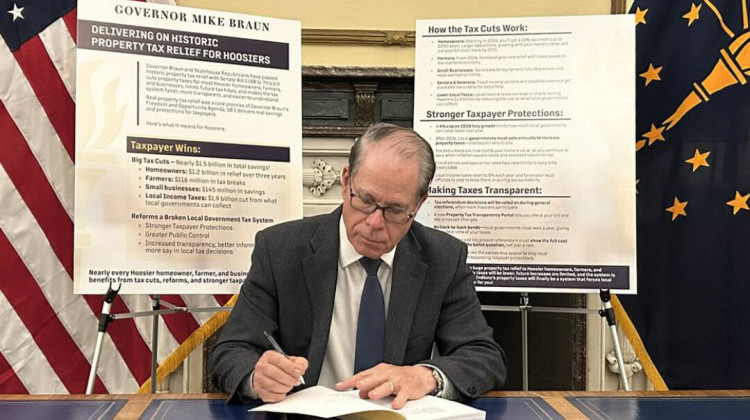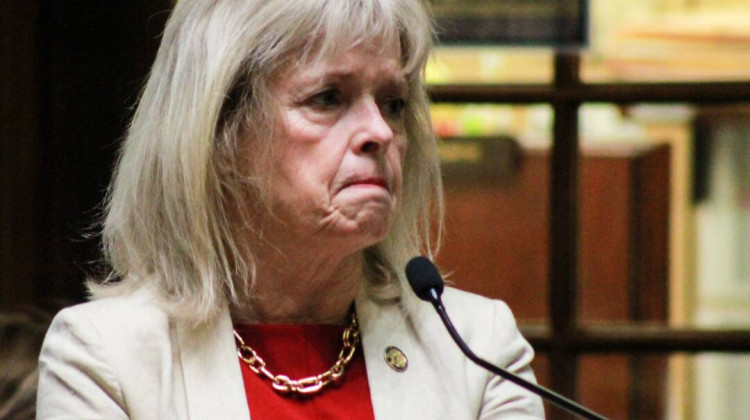Recent census data shows the continued migration of people from rural to urban areas. The Indiana Farm Bureau, INFB, is looking to encourage state lawmakers to help keep rural areas thriving through changes in tax policies and continued expansion of broadband in the upcoming legislative session.
Last legislative session lawmakers approved more than $250 million to invest in broadband.
This spring the INFB launched an effort to target areas in the state with no broadband or slow internet speeds. In September the state rolled out the Indiana Connectivity Program to determine areas to allocate broadband expansion funds.
Andy Tauer, executive director of public policy, said broadband has become a backbone for communities in the way electricity and other utilities are.
“Because that's everything from education, being able to do the home business, telehealth, all those things,” said Tauer. “I mean, that connectivity through broadband ... to keep Main Street in rural Indiana viable for our members.”
Join the conversation and sign up for the Indiana Two-Way. Text "Indiana" to 73224. Your comments and questions in response to our weekly text help us find the answers you need on statewide issues.
Another legislative priority for the organization is ethanol production.
The push for electrification in vehicles has the Indiana Farm Bureau focused on the ethanol industry as one of its top priorities in the upcoming legislative session.
Part of the Biden administration’s $1 trillion infrastructure package aims to increase the number of electric vehicle charging stations in the country to help accelerate the electrification of vehicles.
Farm Bureau members say there’s very little conversation about the future of transportation fuels.
Tauer said Hoosier farmers and communities around the state contribute to ethanol and biodiesel production.
"We have 14 ethanol plants in the state of Indiana and – give or take – about 40 percent of the corn we grow goes into ethanol," he said. "And so if you take that market away, that really starts to change the commodity dynamics out on the farm."
Tauer said it needs to be an all-of-the-above strategy when it comes to electric generation and transportation fuels rather than winners and losers.
CORRECTION: A previous version of this story used the logo for the Indiana Farm Bureau Health Plans. It has been corrected to the Indiana Farm Bureau's logo.
Contact reporter Samantha at shorton@wfyi.org or follow her on Twitter at @SamHorton5.
 DONATE
DONATE







 Support WFYI. We can't do it without you.
Support WFYI. We can't do it without you.